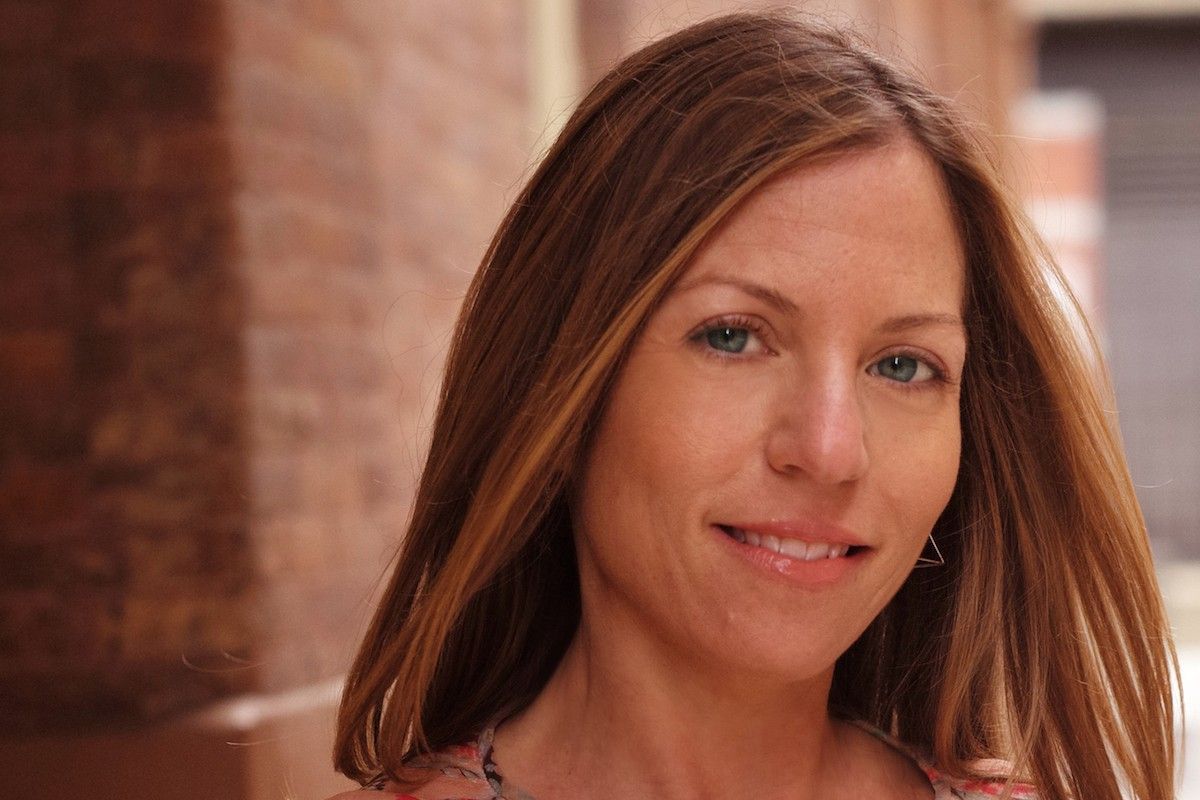BC Gov't Seeks National Consensus To Stamp Out Ticket Bots
As British Columbia finalizes its legislation after passing the B.C. Ticket Sales Act earlier this year, one politician is looking for the industry to establish the Canadian equivalent of UK's Fan Fair Alliance.

By Nick Krewen
While terms of the legislation to the B.C. Ticket Sales Act passed on April 19 are still being ironed out, Toby Louie is looking for some Canadian music industry input.
Louie, the Executive Director for Corporate Policy and Planning for the BC Ministry of Public Safety and Solicitor General, wants feedback on creating something akin to the Fan Fair Alliance in the UK, an ad-hoc organization established in 2016 to unite members of the UK music and creative communities who wished to take a stand against industrial-scale online ticket touting.
Since being founded and funded by such music managers as Adam Tudhope (Mumford & Sons, Laura Marling, Keane), Alex Bruford (The Lumineers), Brin Message (Nick Cave & The Bad Seeds, PJ Harvey), Ian McAndrew (Arctic Monkeys) and Harry Magee (One Direction, Little Mix) - and in conjunction with Claire Tunham, who founded Victims of Viagogo after being overcharged £1,150 (CAD $1945.78) for tickets to an Ed Sheeran concert by the UK secondary ticket sales site Viagogo - Fan Fair Alliance has helped reclaim refunds of over £270,000 (CAD $456,835.13.) (CAD $1 = £0.59)
Louie figures the Canadian music industry could benefit from a similar set-up.
“It’s difficult for government to do everything here within the ticketing industry and to address the concerns of concertgoers and fans," Louie told FYIMusicNews. "So, there’s an opportunity here in B.C. and in Canada for the music industry – promoters, managers, artists – for those who have an interest – to help government and step forward as an industry.
"It doesn’t help the industry when somebody with bot technology is taking that ticket and re-selling it for three-to-four times the value. I don’t think that money is going back to the artist or the venue or the managers. The premise here is that there’s an opportunity here to take greater control of that inventory and also on prices. That money should go back to the artists and those that put on the shows.”
Even if something like the Fan Fair Alliance isn't formed in this country, the new legislation certainly has teeth. Louie says it includes bans on mass ticket-buying software and gives consumers more transparency regarding companies that sell tickets to live events.
The B.C. Ticket Sales Act will also force clear and prominent disclosure of prices and force secondary sellers and secondary ticket platform operators to offer refund guarantees. Secondary sellers must also identify themselves as ticket resellers, and the sale of speculative tickets will be prohibited.
"Someone should have tickets before they sell them," Louie notes.
Consumers will also be given legal recourse from ticket selling businesses if they feel they have suffered losses.
Penalties will also be harsh, with any violation of B.C.'s Ticket Sales Act potentially having dire consequences, with such actions as compliance orders, property freezes, or civil actions among the tools of enforcement that can be utilized by ticket sales agents and consumers.
Those that contravene the law will be subject to penalties – up to $5K for individuals and $50K for corporations. If prosecuted and convicted for an offence, both individuals and corporations will find their fines doubled to $10K and 100K respectively, with individuals facing incarceration up to 12 months.
No date has been set for the Ticket Sales Act regulations to be finalized and implemented, but a timeline of spring/summer 2020 is being forecast.
The passage of the Act followed the B.C. Legislature moving quickly after a public consultation on the matter in 2018 drew 6500 responses.
“There were concerns that we were hearing where fans and concertgoers were having a difficult time getting tickets,“ Louie explains. “We know that demand often exceeds supply, but what was frustrating for British Columbians was that they couldn’t get tickets, but then they could be directed onto another site and see the same event they’re trying to get tickets for being sold for much higher prices. And it raised the question, well, how did these other people that are posting on re-sale sites get tickets so quickly?”
Louie says he has reached out to music industry personnel and organization and has found the B.C. government's proposed measures to be "well-received."
"I think the primary ticket selling industry sees the need for the legislation. Generally, I think they think it’s very balanced.”
He says the B.C. government has also responded directly to industry requests and concerns. “In the ministry, we’re working on regulations, and we’re also reaching out to various stakeholders to make sure that their views are known in terms of what regulations might look like," says Louie.
“There are things that the ticket-selling industry have asked us to do. For example, there are provisions to ban the use of bots, and also recourse if bots are used. And the recourse is the artist, the management and those who control the tickets, with absolute certainty, bots are used, they can cancel tickets and refund guarantees for tickets by a secondary seller and secondary seller platform - common sense things that people support.
“We want to get this right before bringing it into force.”
Louie says that the legislation excludes fan club and sponsor pre-sales from the mix.
Interested parties may contact Toby Louie directly via e-mail at Toby.Louie@gov.bc.ca.
When the legislation becomes final, British Columbia will become the third province following Ontario (2017) and Alberta (2018) to tackle the ticket sales issue.
It hasn’t gone all that smoothly for the Ontario government: in April this year, the Conservatives were forced to scrap part of a law that would have capped ticket resale prices at 50% above original face value, primarily because it was unenforceable.
The Conservatives also removed a clause that required secondary ticket sellers to disclose their identification and contact info, as long as they offer a written guarantee that a full refund will be provided if the event is canceled or if the ticket is counterfeit.
However, the Tories also increased the fine for non-compliance with the Ontario Ticket Sales Act from $10K to $25K.
















